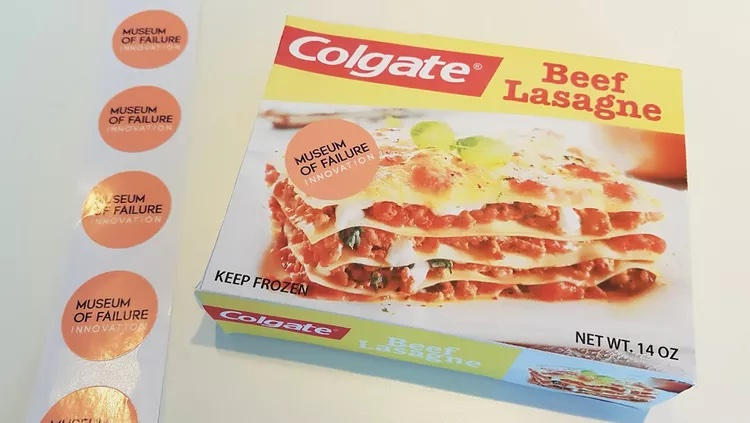Know Your Audience Inside Out - Avoiding Mismatches in Marketing
Failing to understand your audience can lead to costly mismatches in marketing. Let's explore some real-world examples of marketing mistakes that occurred due to a lack of audience understanding:
Pepsi's Kendall Jenner Ad:
In 2017, Pepsi released an ad featuring Kendall Jenner participating in a protest-like scenario. The ad received significant backlash as it was criticized for trivializing social activism and being out of touch with the actual concerns of the target audience. Pepsi's attempt to connect with a younger, socially conscious demographic fell flat due to a lack of understanding of the nuances and sensitivity surrounding real-world protests.
Colgate's Frozen Dinner:
Colgate, a well-known oral care brand, once attempted to expand into the frozen dinner market. This move proved to be a mismatch, as consumers did not associate Colgate with food products. The company failed to recognize that its brand equity was primarily in oral hygiene, and attempting to enter an unrelated market confused and alienated their target audience.

Dr. Pepper's "Not for Women" Campaign:
In the 1960s, Dr. Pepper launched a campaign specifically targeting men, proclaiming that their product was "not for women." This marketing approach created a significant backlash, as it perpetuated gender stereotypes and alienated a large portion of potential customers. Dr. Pepper's failure to understand the changing societal dynamics and evolving consumer expectations led to a marketing mismatch that harmed their brand image.
McDonald's Arch Deluxe Burger:
McDonald's introduced the Arch Deluxe Burger in the 1990s, targeting adults with a more sophisticated taste. However, the campaign failed to resonate with the intended audience. Adults did not perceive McDonald's as a provider of premium, gourmet burgers, and the Arch Deluxe failed to meet their expectations. The mismatch between the campaign's positioning and the audience's perception resulted in poor sales and a significant financial loss for McDonald's.
New Coke:
In the 1980s, Coca-Cola launched New Coke, a reformulation of their classic beverage. Despite extensive research and taste tests, the company failed to anticipate the strong emotional connection consumers had with the original Coke. The new formulation did not align with the expectations and preferences of their loyal customer base. The resulting backlash demonstrated the importance of understanding the deep-seated emotional connections consumers have with established brands.
The repercussions of marketing mismatches are clear. When businesses fail to understand their target audience, they risk delivering messages, products, or experiences that do not resonate and may even alienate potential customers.
To avoid these pitfalls, businesses must invest time and resources in understanding their audience's needs, desires, and preferences. Conduct thorough market research, engage in customer surveys, and seek direct feedback to gain insights. Analyze demographic data, psychographics, and behavior patterns to create accurate customer personas that guide your marketing strategies.
Having a deep understanding of your audience will help you tailor your messaging, products, and campaigns to align with their expectations. Avoiding marketing mismatches not only helps you connect authentically with your target audience but also fosters trust, loyalty, and long-term success for your business.


